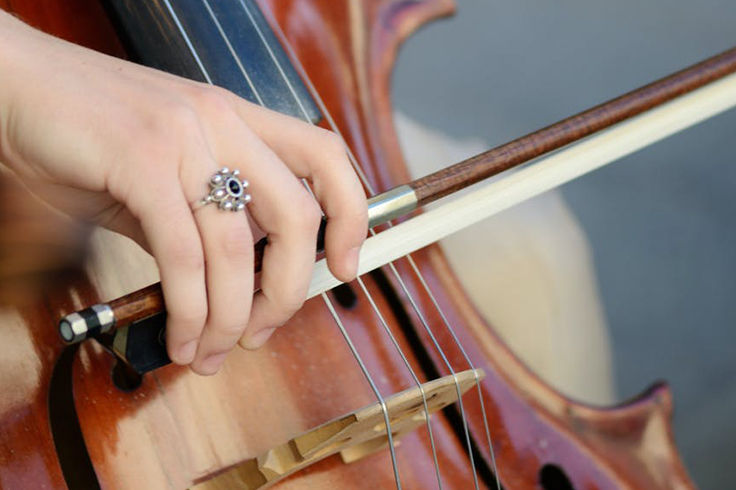- stradivaristringss
- Jan 8
- 3 min read
If you have decided to learn piano just because you think it is easy, it is important for you to properly understand the ins and outs. Remember that it might seem easy when your teacher teaches it, but in reality, it does not. So, you need to ask yourself a few questions before you decide to learn piano.
So, to make sure that you're about to enjoy the entire journey, it is important that you ask yourself a few questions to understand if you're ready for it. In addition to this, before choosing piano classes in Singapore, asking these questions will eventually help you to get the best answers. So, let us take a look into the things that you need to pay attention to while deciding on whether you are ready to take on the journey.

1. What Is Your Skill Level?
Before investing in a piano and becoming a part of the piano classes in Singapore, assess your skill level. Are you a beginner, intermediate, or advanced player? Your proficiency will determine the type of piano you need. Beginners may start with a digital piano or a keyboard, while advanced players might prefer an acoustic grand piano. Piano classes in Singapore can guide you based on your skill level.
2. What Is Your Budget?
Pianos come in various price ranges. Consider your budget and explore options within that range. Digital pianos are generally more affordable than acoustic ones. If you’re tight on budget, look for quality digital pianos that offer realistic touch and sound. For a more authentic experience, invest in an acoustic piano and take part in piano classes in Singapore.
3. Space Constraints: Acoustic or Digital?
Evaluate your available space. Acoustic pianos, especially grand pianos, require significant room space. Digital pianos are more compact and versatile. A digital piano is a practical choice if you live in a small apartment. However, if you have ample space and appreciate the elegance of an acoustic piano, go for it!
4. Touch and Feel: Key Action Matters
The touch and feel of the piano keys significantly impact your playing experience. Try different pianos to understand the key action. Acoustic pianos have weighted keys, providing a more authentic touch. Digital pianos simulate this feel with graded hammer action. Attend piano classes in Singapore to test different pianos and find the one that resonates with you.
5. Sound Quality: Acoustic vs. Digital
The sound quality is crucial. Acoustic pianos produce rich, resonant tones, while digital pianos offer versatility with various instrument sounds. If you’re a classical pianist, an acoustic piano is ideal. For contemporary music or recording, digital pianos provide flexibility. Consider your musical preferences and goals.
6. Maintenance and Tuning
Acoustic pianos require regular tuning and maintenance. If you choose an acoustic piano, factor in the cost of professional tuning. Digital pianos are low-maintenance, but occasional cleaning and software updates are necessary. Piano classes in Singapore can guide you on proper care and maintenance.

Conclusion:
There is no denying the fact that it is completely a personal decision whether you want to learn piano or not. But it is equally important for you to consider these important things before you decide to become a part of this journey. Remember that choosing piano classes in Singapore would help you learn this instrument, but it equally requires your dedication and encouragement to consider moving ahead. If you are in search of such a music institution, you can get in touch with Stradivari Strings. As they have some of the best instructors who can give you encouragement and the curriculum, it becomes easier for you to go through the journey.



